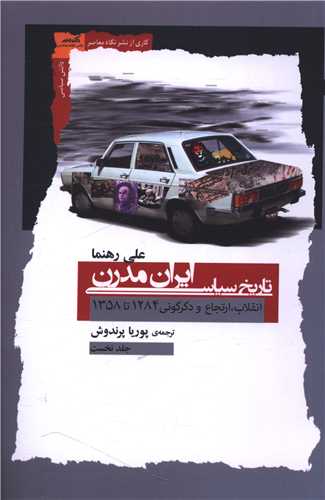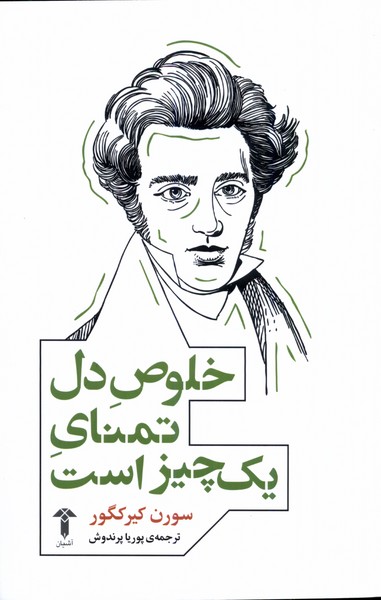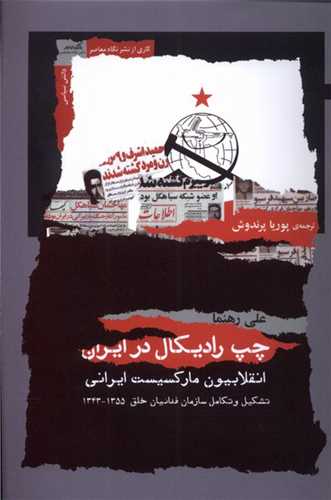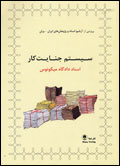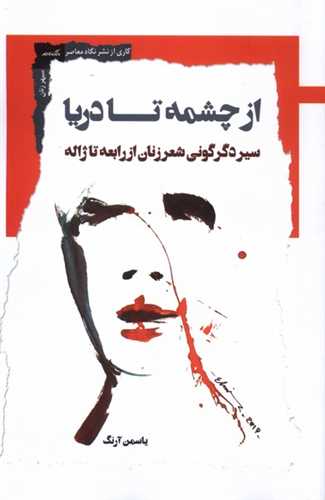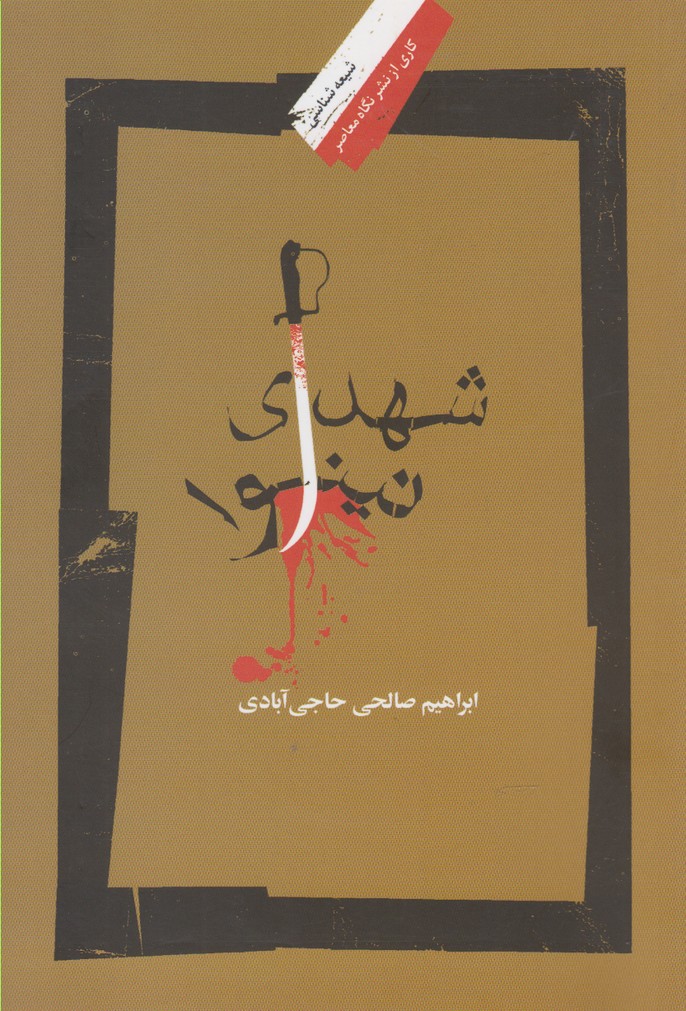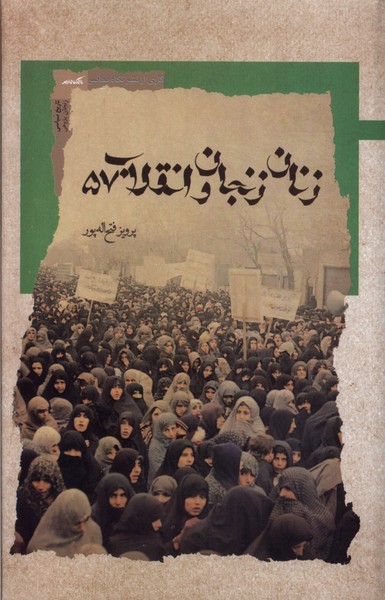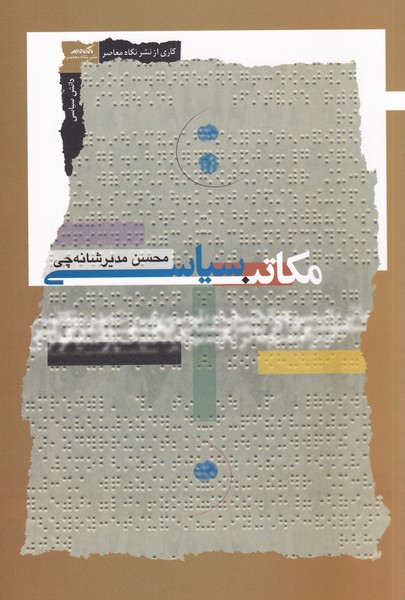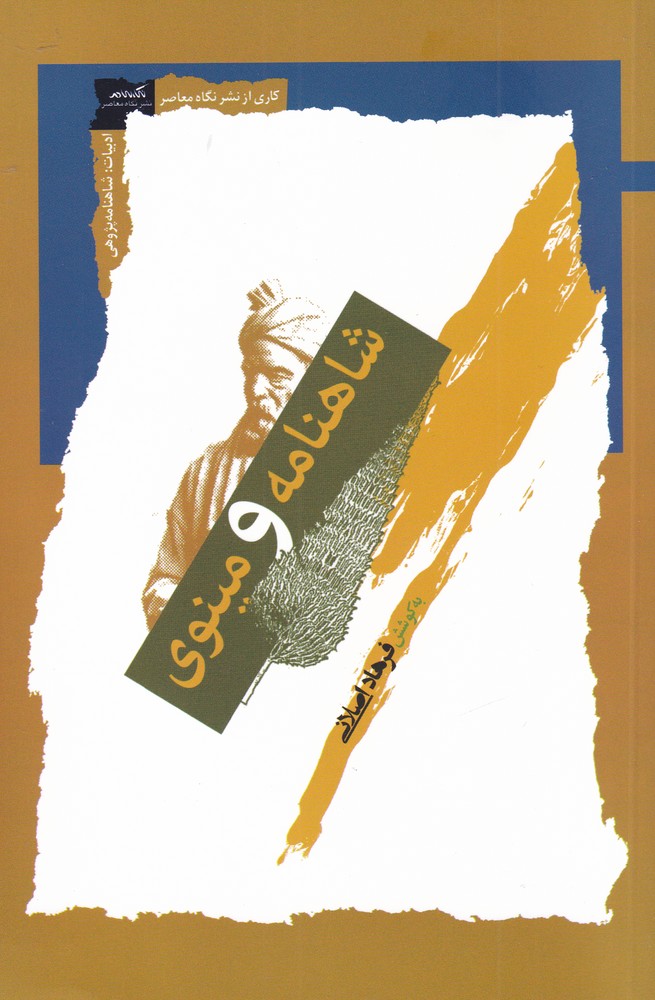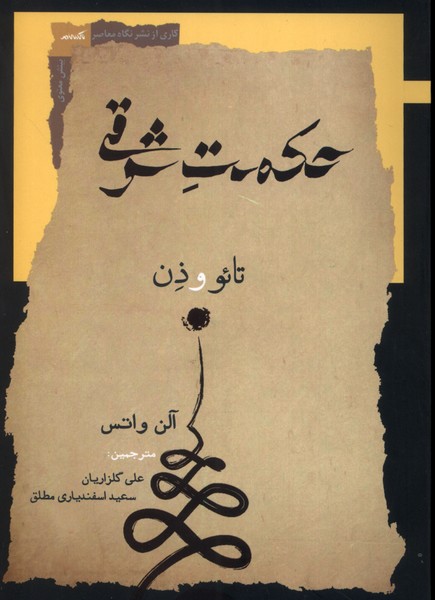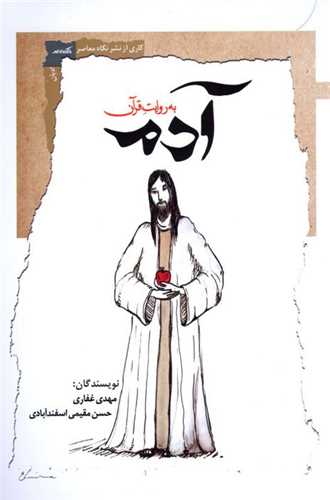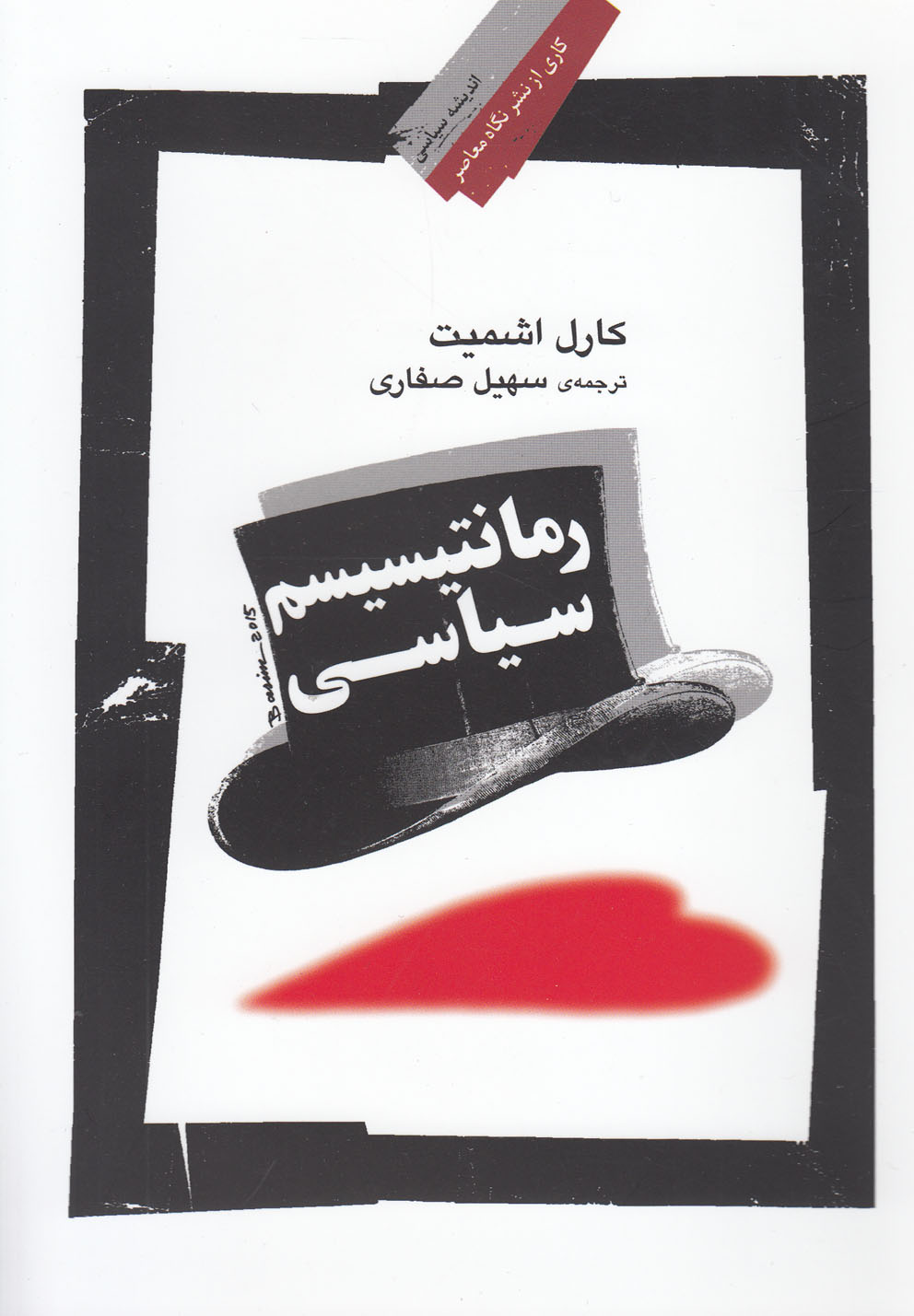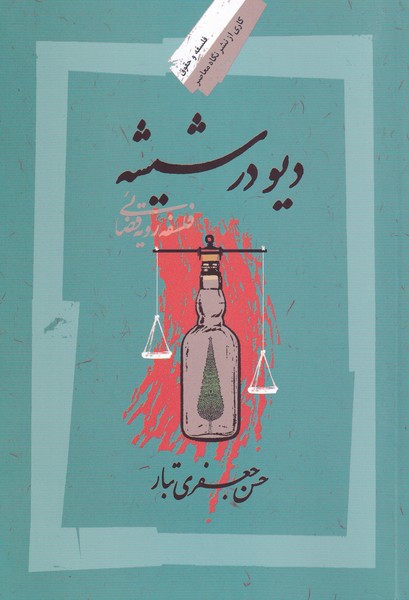Ẓuhūr-i Istibdād-i Mudirn dar Īrān: Persian 1402
ظهور استبداد مدرن در ایران
26.73 $
Share
Wishlist
Original Title:
The Rise of Modern Despotism in Iran: The Shah
,
the Opposition
,
and the US
,
1953–1968
ISBN:
9786222903558
Translator:
Purīyā Parandvash
Publisher:
Nigah-i Mu'asir
Age Group:
Adult
Pages:
672
Weight:
564 g
Dimensions:
14 x 21 x 6.2 cm
Book Cover:
Paperback
In 1953, Iranian monarch Mohammad-Reza Shah Pahlavi emerged victorious from a power struggle with his prime minister, Mohammad Mosaddeq, thanks to a coup masterminded by Britain and the United States. Mosaddeq believed the Shah should reign not rule, but the Shah was determined that no one would make him a mere symbol.
In this meticulous political history, Ali Rahnema details Iran’s slow transition from constitutional to despotic monarchy. He examines the tug-of-war between the Shah, his political opposition, a nation in search of greater liberty, and successive US administrations with their changing priorities. He shows how the Shah gradually assumed control over the legislature, the judiciary, the executive, and the media, and clamped down on his opponents’ activities.
By 1968, the Shah’s turn to despotism was complete. The consequences would be far-reaching.
more
Translation is too long to be saved
در سال 1953، محمدرضا شاه پهلوی، پادشاه ایران، از جنگ قدرت با نخست وزیرش، محمد مصدق، به لطف کودتای طراحی شده توسط بریتانیا و ایالات متحده پیروز شد. مصدق معتقد بود که شاه نباید سلطنت کند، اما شاه مصمم بود که هیچ کس از او یک نماد صرف نسازد.
در این تاریخ سیاسی دقیق، علی رهنما به جزئیات گذار کند ایران از مشروطه به سلطنت استبدادی می پردازد. او کشمکش بین شاه، اپوزیسیون سیاسی او، ملتی در جستجوی آزادی بیشتر و دولت های متوالی ایالات متحده را با اولویت های در حال تغییرشان بررسی می کند. او نشان می دهد که چگونه شاه به تدریج کنترل قوه مقننه، قضائیه، مجریه و رسانه ها را به دست گرفت و فعالیت های مخالفان خود را سرکوب کرد.
تا سال 1968، چرخش شاه به استبداد کامل شد. عواقب آن بسیار گسترده خواهد بود.
more



